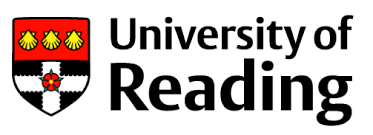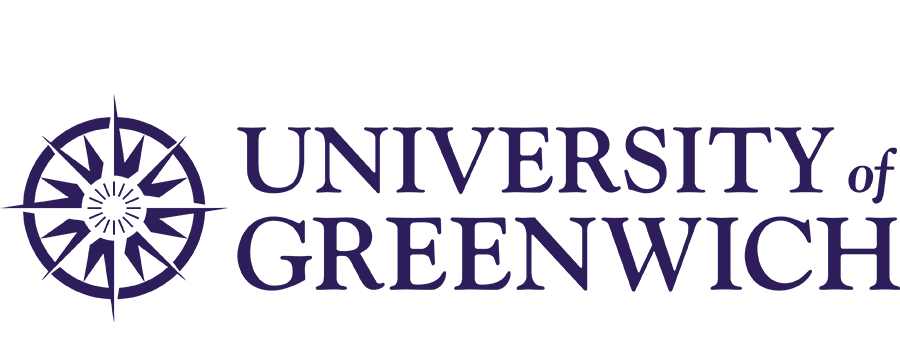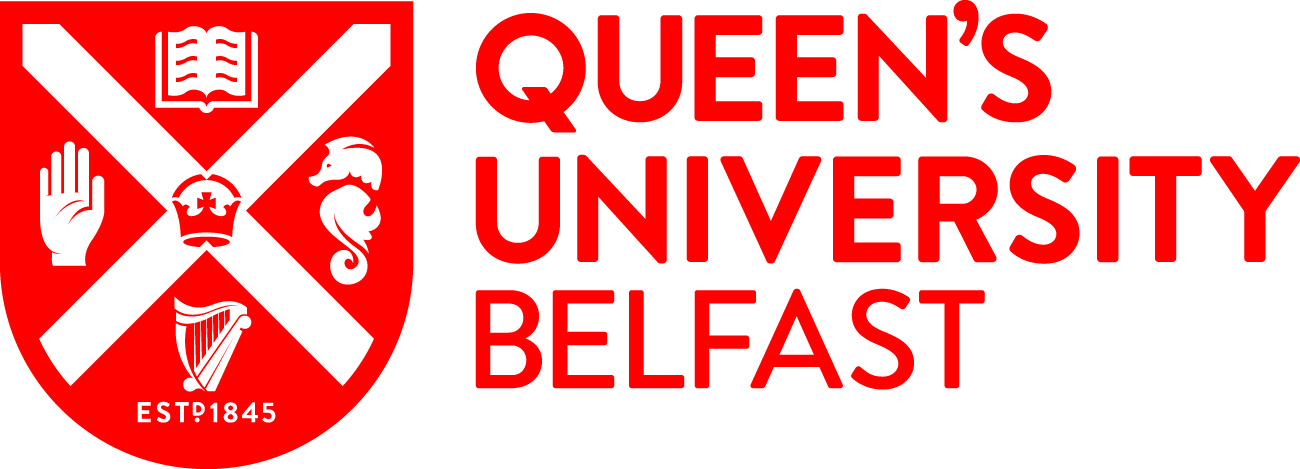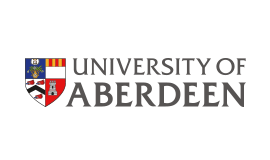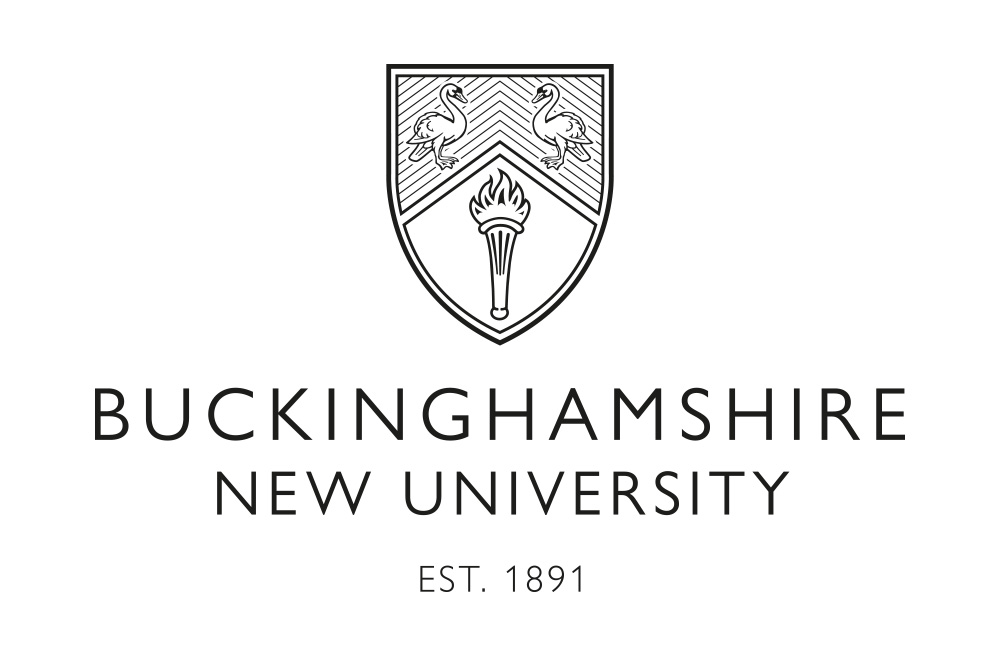United Kingdom
Home to some of the world’s greatest cities and one of the most popular cultural hubs of Europe, there are plenty of reasons to study in the United Kingdom
What are the upcoming intakes in UK?
Know all about the intakes available in UK
Unlike a single intake in Nepalese universities, colleges and universities in the UK offer two intakes. In some universities, intakes may also be referred to as a semester. The three intakes available in the UK are:
Term 1: September to December
Term 2: January to April
Term 3: April to June
Which intake to opt for?
It can get a bit confusing to choose the intake that’s best for you. Consider factors like the availability of your preferred program, your academic records, entrance test scores, acceptance rates, job opportunities and your readiness to join the program whilst making a decision.
While most Nepalese students prefer the September intake, January and April intakes are equally good for certain programs. We suggest, if you do not have your score cards ready, it’s better to skip the haste and apply for the next intake.
All UG courses applications are regulated by UCAS (UK based Universities and Colleges Admissions Service).
Education system in the UK
The UK is globally recognised for its teaching excellence. Let’s find out why.
When it comes to world university rankings, the UK has a proven track record. In the 2017-18 Times Higher Education World University Rankings, the University of Oxford and University of Cambridge rank number one and two respectively, with Imperial College London at number eight. Across all global ranking systems, criteria and fields of study, the UK ranks highly for quality of education, student satisfaction and global reputation.
The country also enjoys a great reputation for innovation and world-class research, where you will benefit from the latest facilities alongside a long-standing academic tradition. Many students choose to pursue their higher studies in the UK to also enhance their English language skills and improve their employability.
How it works?
Within the UK, responsibility for education is delegated to each of the four jurisdictions: England, Northern Ireland, Scotland and Wales. There are differences between the four countries in the educational systems in place, the qualifications offered, and how these are regulated. The differences are most pronounced in general and secondary education. As a result, there are several different qualifications and credit frameworks.
Qualifications framework
There are two parallel frameworks for higher education qualifications of UK degree-awarding bodies, one that applies to Scotland and one that operates in the rest of the UK. These are:
The Framework for Higher Education Qualifications of Degree Awarding Bodies in England, Wales and Northern Ireland (FHEQ)
The Framework for Qualifications of Higher Education Institutions in Scotland (FQHEIS).
These frameworks are the principal national reference points for academic standards in UK higher education. There are 160 universities and colleges in the UK that are permitted to award a wide variety of degrees to suit most educational aspirations.
Fee structure
Tuition fees for UK higher education and further education courses vary, depending on:
Where in the UK you choose to study (there are different rules for England, Scotland, Northern Ireland and Wales)
Your study level
For undergraduate students, tuition fees range from £10,000 a year to about £18,000 a year, depending on the course and the institution. For all postgraduate courses, tuition fees vary by course provider.
Scholarships
Scholarships, grants, bursaries, fellowships, financial awards, loans – there are many financial support options for international students who wish to enroll in a UK course. Demand for scholarships is always greater than supply; to maximise your chances, you should apply as early as you can.
A great starting point to research potential support options is to review the particular websites for the schools and universities you are interested in. The right time to look for financial support is well in advance of the start of the course. It can be very hard to find funding, particularly midway through the academic year.
Teaching and learning style
UK’s education system has a reputation for excellence and most international students highly rate the quality of teaching they receive. You can expect to be taught in many different ways. Most students attend lectures and seminars and sometimes have tutorials and workshops, too.
During your course term in the UK, you are likely to be given great freedom to explore your own ideas and be creative. You may be expected to be an active member of the teaching and learning process, where you will do your own research or work in groups with other students for some projects. UK universities encourage the development of critical and analytical thinking in every subject, which can be a little daunting for some international students at first. However, this develops a deeper understanding of the subject at hand and the communication skills needed.
Teaching methodologies in the UK can be very interactive, too. Tutors will encourage you to share ideas and may organise activities, such as debates, discussions and quizzes. It is based on the premise, that by having fun and getting involved, you will learn more successfully. It can be a little challenging to begin with, but you will get along quickly with the support of your peers and tutors.
The Prepare for Success website is a great resource that provides students with important information about what classes and teaching in the UK are like, and advice on how to succeed.
Higher education
Most destinations offer a variety of courses for both domestic and international students to make the transition into further education; these programs are typically referred to as either pathways or foundation courses.
Higher education courses can be taken by students to earn an advanced degree and continue their studies in the UK. There are three main types of higher education, which lead to bachelor, master and doctoral degrees.
Bachelor or undergraduate degrees
Academic study in undergraduate degrees is designed to help students gain a thorough understanding of a subject. Degrees are classified as either ordinary or honours. An ‘ordinary’ degree is usually a three-year full-time course, whereas an ‘honours’ degree is usually a four-year full-time course.
Postgraduate study
You can choose from two kinds of postgraduate courses in the UK – taught and research. Taught masters are mostly MA or M.Sc. degrees that have a duration of 12 months (full-time) and 24-months (part-time). Research masters programs usually offer M.Phil. degrees and are quite intensive. They usually take 18-36 months to complete.
Pathway programs
There are also many pathway programs into higher education for international students including foundation studies and English language preparation programs. These ensure students receive the extra support and assistance they need to succeed.
Academic year
In the UK, the standard academic year starts in September or October and runs until June or July. Some courses are more flexible, however, and offer a range of start dates. The typical deadline for applications for undergraduate university entry commencing in September is in the preceding January of that year. There’s also a smaller January intake that has limited undergraduate, master, PhD and foundation courses available. Private pathway providers also may offer additional start dates throughout the year.
Learning English
Many English language courses are also offered by universities and colleges to help international students prepare for a degree course in the UK. Universities use the term ‘pre-sessional English courses’ for these degree preparation programs.
The UK Government also announced important changes to language testing for visa applications, reducing the number of tests accepted for visa purposes and bringing in new requirements for the way the tests are administered. IELTS, the world’s most popular high-stakes test of English for higher education and global migration, has been approved for all UK visas that require applicants to provide proof of their level of English.
IELTS Academic, IELTS General Training and IELTS Life Skills are accepted by UK Visas and Immigration (UKVI) as proof of English proficiency. However, the student’s purpose for being in the UK dictates which IELTS test they need to pursue.
After graduation
Many international students want to stay in the UK after they graduate and put the skills they have learnt into practice. Students may be able to extend their stay if they meet the requirements for the schemes that the UK Government operates.
Employment prospects in the UK
Want to work while you’re in the UK? Here’s how.
Working part-time while you are studying can be a great way to help with the cost of living in the UK and also gain work experience in your field of study.
If you have a Tier 4 (general) or a Tier 4 (child) visa, you can work during your studies and holidays if you:
are studying at a publicly-funded higher education institution
are studying a short-term study abroad program with an overseas higher education institution
are over 16
are studying a course at NQF level 6 (degree level) and above
However, there may be limits on the type of work you can do and your working hours. Most students can work upto 20 hours a week and full-time during holidays. To find out more, visit the UK Council for International Student Affairs (UKCISA) website.
You must not work if your passport sticker or identity card says ‘No Work’ or ‘Work Prohibited’, as you will breach your immigration conditions, which is against the law in the UK.
Finding part-time jobs in the UK
You can find part-time jobs in your campus or off-campus
The best way to get a job on campus is to regularly check your placement centre’s notice board or staying in touch with the concerned authority for openings
On-campus work opportunities include administrative jobs, at the cafeteria or as teaching assistant
For off-campus jobs, look for vacancies online on portals like StudentJob, Employment 4 Student, Careers Group London, etc.
Look out for jobs in hospitality and retail industry, they are usually available in abundance
You can also work as a tutor if you are a student with any existing qualification or expertise
Working after you graduate
If you want to stay and work in the UK after you finish your study, you’ll need to get a new visa first, or apply for a visa extension.
The three most common visas available to international students are the Tier 1 (Graduate Entrepreneur), Tier 2 (General) and Tier 5 (Temporary Worker). You can find out whether you’re eligible for one of these visas – and how to apply – on the UK Government website.
Finding part-time jobs in the UK
You can find part-time jobs in your campus or off-campus
The best way to get a job on campus is to regularly check your placement centre’s notice board or staying in touch with the concerned authority for openings
On-campus work opportunities include administrative jobs, at the cafeteria or as teaching assistant
For off-campus jobs, look for vacancies online on portals like StudentJob, Employment 4 Student, Careers Group London, etc.
Look out for jobs in hospitality and retail industry, they are usually available in abundance
You can also work as a tutor if you are a student with any existing qualification or expertise
Working after you graduate
If you want to stay and work in the UK after you finish your study, you’ll need to get a new visa first, or apply for a visa extension.
The three most common visas available to international students are the Tier 1 (Graduate Entrepreneur), Tier 2 (General) and Tier 5 (Temporary Worker). You can find out whether you’re eligible for one of these visas – and how to apply – on the UK Government website.







